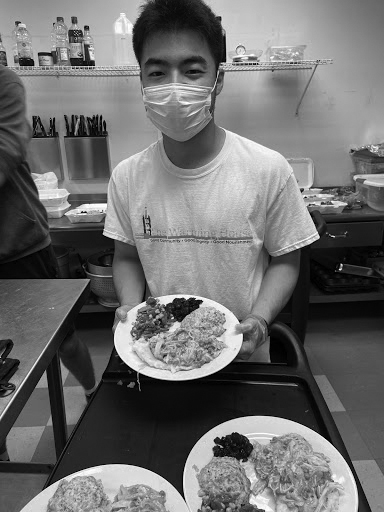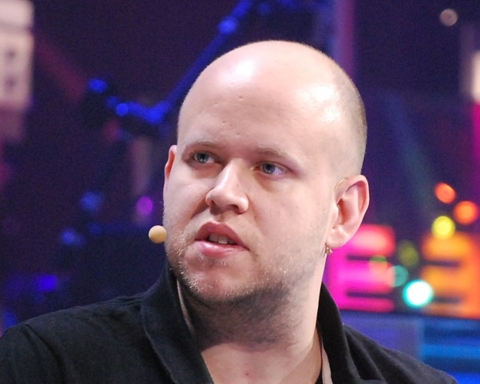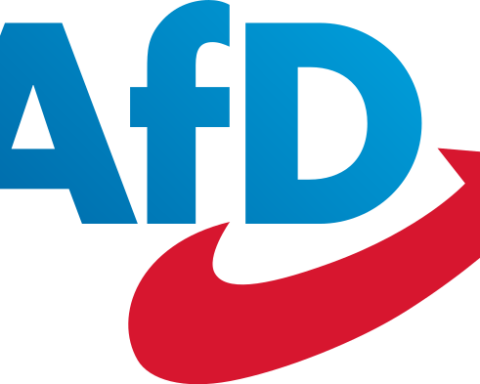BY ELIZABETH EGAN, STAFF WRITER
As the majority of the campus might well know, St. Bonaventure University has what is believed to be the oldest student-run soup kitchen in the country. While being student-run has its advantages, the summer months when students are not on campus create a challenge.
To make up for the lack of student coordinators and volunteers, the Franciscan Center for Social Concern hires a few students as part of their farm-to-table program and one as the summer manager. In the farm-to-table program, students live on campus for 10 weeks and work at Canticle Farm in the morning and the Warming House in the afternoon. A few of those positions have already been filled for this summer but the FCSC is looking for a few more for anyone interested in a summer job or internship.
The position they are really looking to hire is summer manager. For anyone looking for a fantastic resume and incredible leadership experience, there couldn’t be a better position. To find out more about what being in this position is like, I spoke with last year’s summer manager and the current Warming House manager, Mike Waseda.
While Waseda had already worked at theWarming House for about a year, the summer was his first time as manager. “I was happy to get the position because running a soup kitchen makes me feel like I am playing a big role in helping the community,” said Waseda.
A typical day for Waseda started with a trip to the food pantry. He would bring them food and other goods from the Warming House that they were not going to be able to use and then pick up food that the Warming House needed. Next, he would be off to meet with Alice Miller Nation, the director of the FCSC, to plan meals for the week and make sure they have enough volunteers for each day.
At 1 p.m., the Warming House shift would start. Waseda would arrive with the other coordinators and volunteers to get the meal started and get ready to have guests come in for snacks and coffee at 2:30. At 4 they would serve the meal and they would be done for the day around 5 to 5:30. When Waseda was not working, he might be spending time with the other farm-to-table employees or doing other things to interact with the community.
In Waseda’s case, this included helping to coach a children’s soccer team. On the weekends, Waseda and the other coordinators would come up with something to do to get away from campus for a bit. Activities included a trip to Darien Lake and different state parks.
Waseda spoke highly about all that he gained from his time in the position. “For someone who wants to develop their leadership skills it is a great opportunity,” said Waseda. “People are going to rely on you and you get to know that you are playing an important role in the Warming House and the community.”
The main skill Waseda talked about taking away was that of communication. Along with having to communicate well with his coworkers and the Warming House guests, he also had to communicate well with the community volunteers.
During the school year, most of the volunteers are made up of students. Over the summer, it is a much wider variety of volunteers from the community. These could include anyone from retirees to professors to young children. These experiences gave Waseda communication and leadership skills that would be hard to acquire solely from class.
Finally, for anyone considering applying for this position, Waseda’s advice is to listen to other people. “Being a leader doesn’t mean you have to make all the decisions,” said Waseda. “Be open to what people say so that you can create something better.” Anyone interested in taking advantage of this summer opportunity can apply for the job on Handshake or reach out to anation@sbu.edu for more information.






